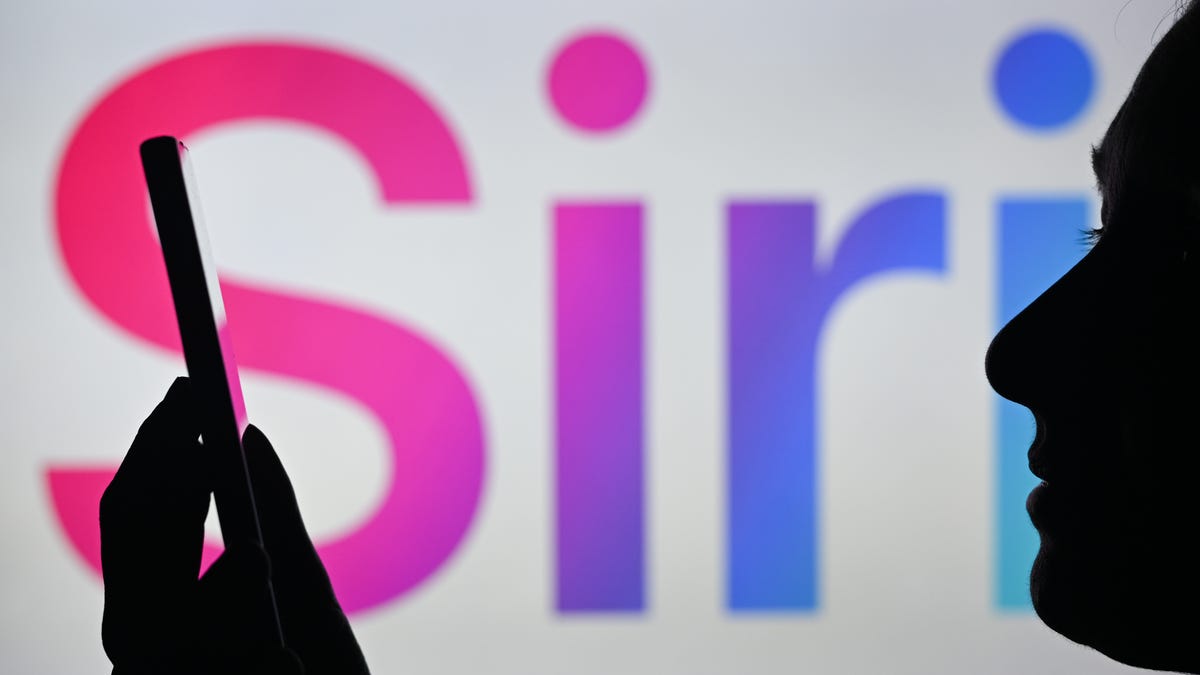Bussiness
Kamala Harris to unveil $50,000 tax deduction for new small businesses

US Democratic nominee’s proposal is latest effort to erase Donald Trump’s polling advantage on economic issues.
United States Vice President Kamala Harris is set to unveil a tax deduction of up to $50,000 for new small businesses as the Democratic nominee seeks to burnish her economic credentials in the close race for the White House.
Harris is due to unveil the plan on Wednesday in New Hampshire, where she will announce a goal of 25 million new small business applications during her first four years in office if elected in November.
Under current tax rules, small businesses can claim up to $5,000 for expenses related to their first year of operation.
Harris flagged the plans at a campaign stop in Savannah, Georgia last week, saying that growing small businesses was one of her “singular priorities”.
“Half of America’s working population either owns, runs or works in a small business,” she said.
Harris has eked out a modest lead against former President Donald Trump in most polls since entering the race in July, but has often been rated as less competent to handle the economy than her Republican rival.
Harris, who became the Democratic nominee after President Joe Biden in July announced he would not seek re-election, has also faced criticism for releasing few policy proposals and not taking questions from the media.
Harris’s latest policy announcement comes as she prepares to face off against Trump in their first presidential debate in Philadelphia, Pennsylvania, on Tuesday.
Since entering the race, Harris has cast her economic agenda as more beneficial for middle-class Americans than the proposals put forward by Trump, who has called for heavy tax cuts, including a reduction in the corporate tax rate from 21 percent to 15 percent.
In her first set of economic policy announcements last month, Harris laid out a set of proposals to build an “opportunity economy”, including a $25,000 subsidy for first-time homebuyers, a $6,000 child tax benefit for newborns, and a federal ban on price gouging for groceries.







